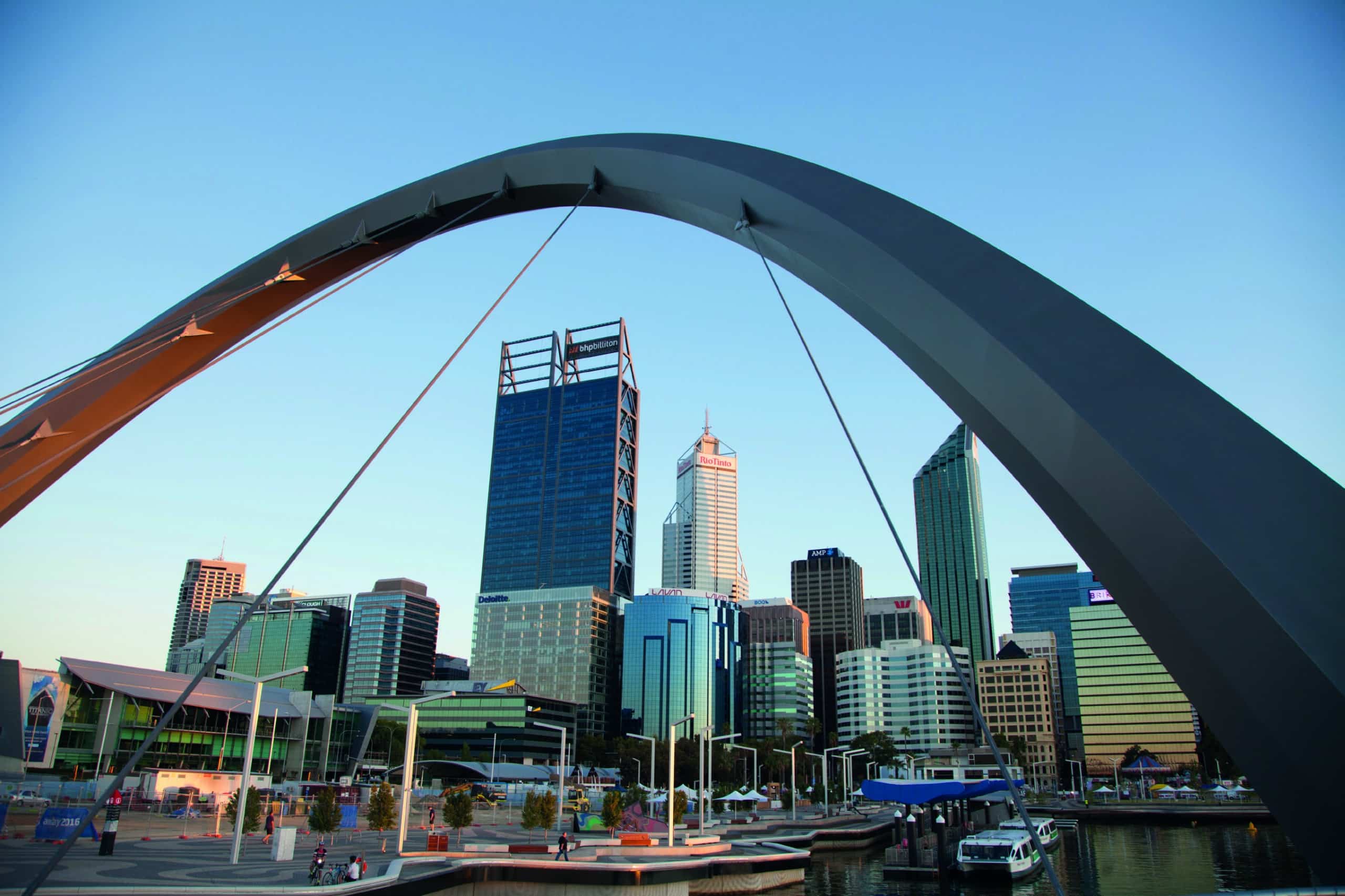What should have been a positive step forward for WA businesses has been overshadowed by the State Government’s introduction of industrial manslaughter offences as part of the harmonisation of the Work Health and Safety (WHS) system.
Since 2011 all states and territories, with the exception of WA and Victoria, have adopted the national model WHS laws. These model laws are designed to create a single set of safety regulation that makes it simpler for business to operate across multiple states and territories.
Despite ongoing commitment by the State Government to bring WA in line with the rest of the country, and a number of false starts, this has not yet occurred.
During this period, CCIWA has supported the adoption of the WHS model laws for WA, subject to amendments that would reduce the administrative burden for small business.
The introduction of the State Work Health and Safety Bill 2019 on November 28 should therefore have been a positive step forward.
Instead, the Government choose to announce the inclusion of industrial manslaughter provisions after it had finished its consultation on the Bill, denying employers and other stakeholders an opportunity to have their say.
CCIWA is fully committed to safer workplaces and believes that any workplace tragedy is one too many.
However, the experience of industrial manslaughter provisions in other jurisdictions has demonstrated that these provisions are not effective in reducing the number of workplace tragedies. Rather, a co-operative approach to workplace safety has been the most effective means for reducing the national fatality rate, which has fallen by 62 per cent since 2007.
The proposed industrial manslaughter provisions seek to create two classes of offence, with a maximum penalty of $10m for a company and up to 20 years imprisonment for an officer of an employer.
The most serious offence will apply where a failure of a duty of care has caused a workplace fatality, and the conduct was engaged in knowing that it may cause death.
The test for the second-tier offence is far less prescriptive and will apply where a failure of a duty of care has caused a workplace fatality.
This will carry a maximum penalty of $5m. In the case of an individual where it can be established that their negligence contributed to the outcome, they face a maximum gaol term of 10 years.
This is an extremely low threshold and it is expected that it is this offence that will be most utilised by Worksafe in any prosecutions.
Small and medium sized enterprises (SME), and their managers/directors, will be at the greatest risk of prosecution. In the UK, 96 per cent of all charges under their Corporate Manslaughter provisions were against SMEs and it is reasonable to assume that the same will occur in WA.
CCIWA is continuing its advocacy activities regarding the proposed industrial manslaughter provisions and will also be providing further feedback on specific aspects of the WHS Bill.
The WA Government hopes to have the Bill passed by mid-2020 and is currently developing the regulations that will accompany it.
CCIWA will be providing further information early in the new year on key provisions of the WHS Bill and the practical steps that members need to take to transfer to the model system.
►For more information about the harmonisation of the Work Health and Safety system contact CCIWA’s Employee Relations Advice Centre on (08) 9365 7660 or email [email protected].












